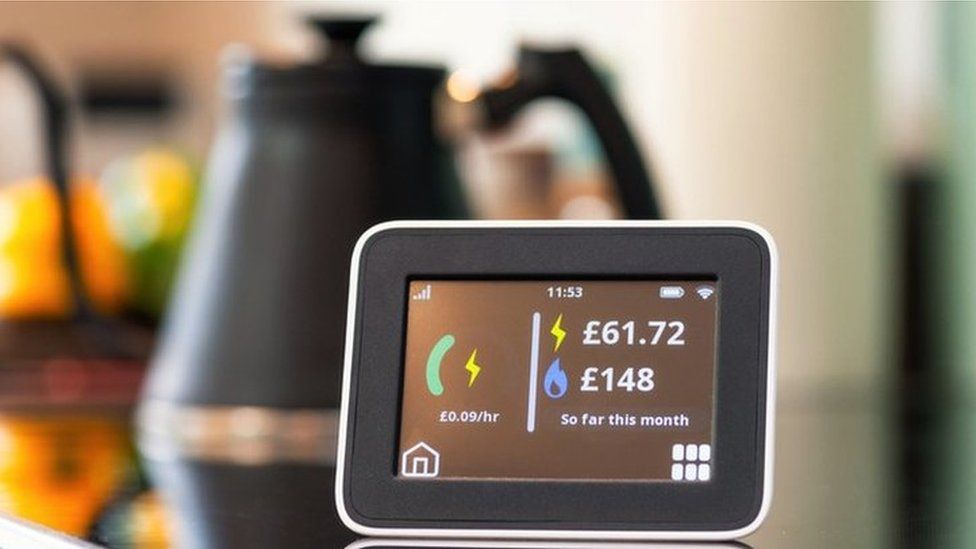ARTICLE AD BOX
 Image source, Getty Images
Image source, Getty Images
By Sam Francis
Political reporter, BBC News
Labour has called on the government to freeze energy bills through to July.
The government's energy price guarantee, which caps the average household cost of electricity and gas at £2,500 annually, will be raised by £500 in April.
"Most people just haven't got the money to pay that," Labour's shadow chancellor Rachel Reeves told the BBC.
A three months extension of the price freeze could be funded through an increased windfall tax, Labour said.
Raising the country's existing 35% windfall tax on the profits of oil and gas companies to 78% - the same rate as Norway - would raise £4.7bn, according to Labour research.
The party said backdating the tax to the start of 2022, and ending the practice of allowing energy companies to avoid the scheme by investing profits, would raise a further £8.7bn.
The extra money should also be used to freeze fuel duty at its current rate, Labour said.
Labour called for the government to ensure prepayment meter customers do not pay more than those paying by direct debit.
There should also be a moratorium on "energy companies moving people from regular payments to pre-payment meters," Ms Reeves said.
"This effectively cutting some people off form heating at a time when temperatures fell below zero," she told Sunday with Laura Kuenssberg.
Pressed on what would happen after the three months, she said: "We've always said that we would look at it depending on what's happening to oil, gas and electricity prices.
"If those prices fall, then that should be reflected in people's bills."
All households are automatically getting a one-off £400 discount on their fuel bills, spread over six months between October 2022 and March 2023.
Households in Northern Ireland - which has a separate energy market - will receive a single payment of £600 in January, more than in the rest of the UK because of the widespread use of heating oil.
Eight million low-income households who get certain benefits or tax credits have received £650 in two payments.
The withdrawal of these payments mean lower-income households face a 40% increase in energy bills when the price cap is raised, according to the Resolution Foundation think tank.
The Department for Business, Energy and Industrial Strategy has been contacted for comment.

 1 year ago
19
1 year ago
19








 English (US) ·
English (US) ·